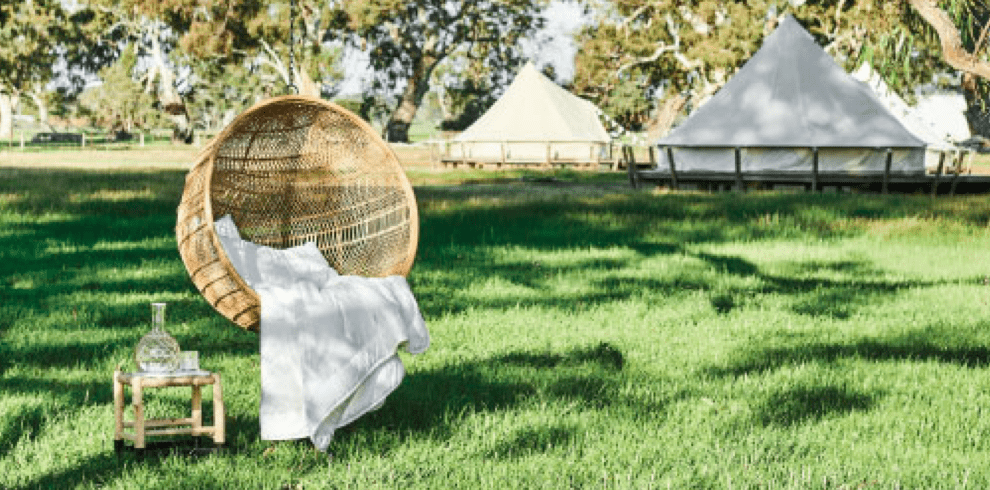By six months old babies are super busy; they are growing, developing physically and doing lots of new things! As well as their physical developments they are also doing a lot mentally, getting used to the world and learning about their surroundings.
This is an age where babies thrive on routine, especially for sleeping and eating. Babies quickly come to appreciate the consistency and predictability of a routine. A night time sleep routine could include a bath, a change into night clothes, a favourite story and a cuddle. Knowing what's coming every night will help baby to learn good sleep habits and will stand both baby and parents in good stead for the future.
Problem Habits
Feeding, rocking or cuddling your baby to sleep can become major causes of sleep problems for babies, so try to break these habits if you have any of them. Many parents like their babies to sleep in the same room as they do, and some medical experts agree that this is a good idea.
At some point, however, you may choose to move your baby into a separate room. Babies can be easily disturbed whilst they sleep and may actually wake up when you come into the room to go to bed, or if you cough or turn over. So whilst you may think your baby needs the security of having you nearby, you may actually be disturbing their sleep and moving them to their own room can therefore be a good option between 6 and 12 months of age.
How much sleep?
Between 6 and 12 months of age, babies will need about 14 to 15 hours of sleep each day, broken up between 2 to 3 day time naps and night sleep. Babies are busy and active whilst they are awake, learning new things, crawling, rolling over, sitting up - and an active baby means a tired baby!
Every baby is different though and some babies will need differing amounts of sleep. Consult with your family doctor about your baby's sleep if you have concerns.
Napping
Most babies take two or three naps a day at six months of age and two naps at 12 months. A few babies, though, give up their morning nap before their first birthday. Another interesting point to be aware of is that many developmental milestones, such as rolling over and pulling up to stand, can temporarily upset your baby's sleep.
What time should baby go to bed at night time?
Now that the baby is a little older, it's a good idea to establish a specific bedtime, as well as consistent naptimes, to regulate baby's sleep patterns.
A good bedtime is usually between 7pm and 8.30pm. Any later and your baby will get overtired and find falling asleep difficult. Your baby may not appear tired late at night, and may seem energetic and lively. But that's often a sign that it's past his or her bedtime.
At some stage all families are likely to run into a few problems with baby's sleeping, but if you stick to the basics and keep a good routine, your chances of the whole family enjoying a good night's sleep improve dramatically.



